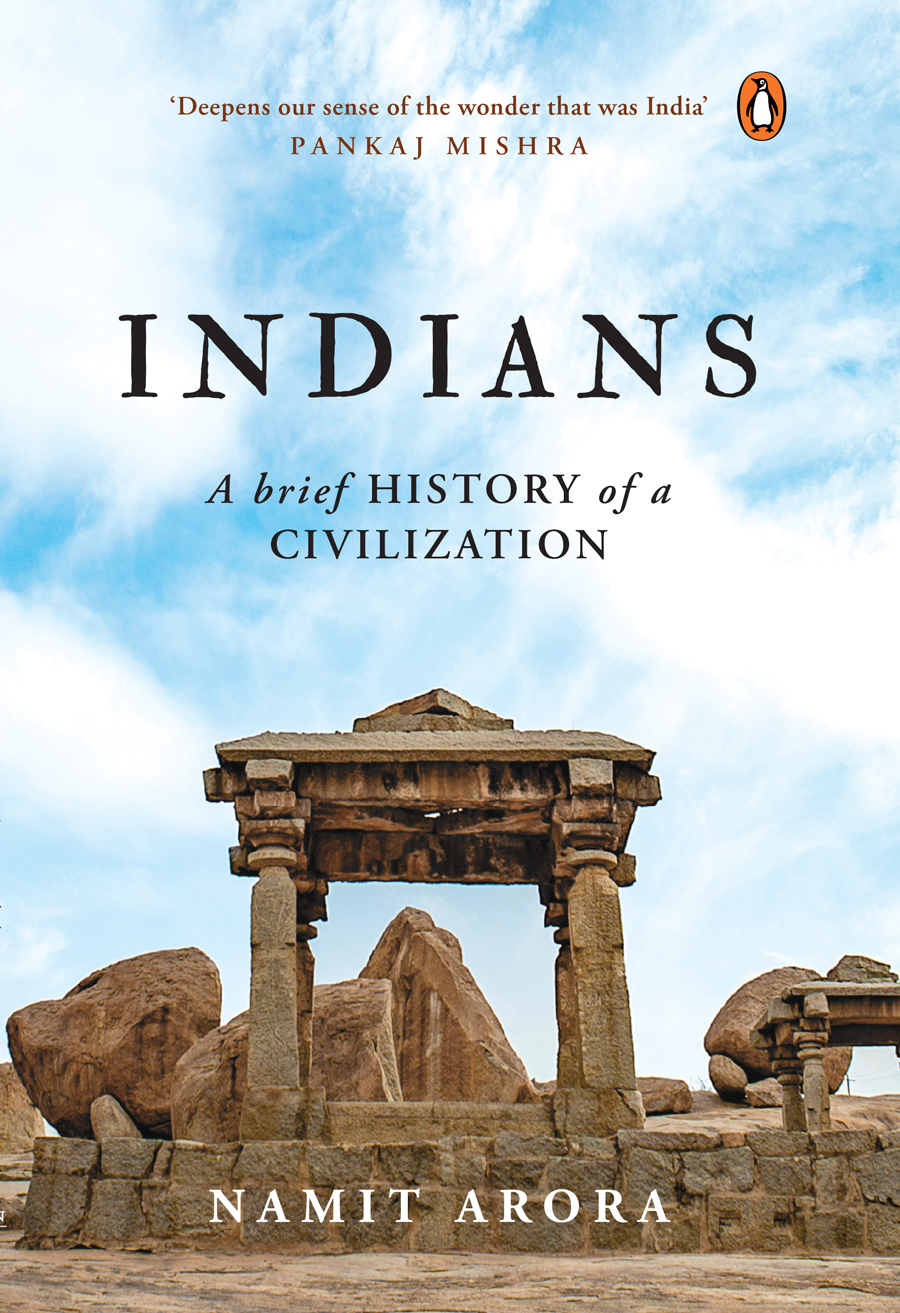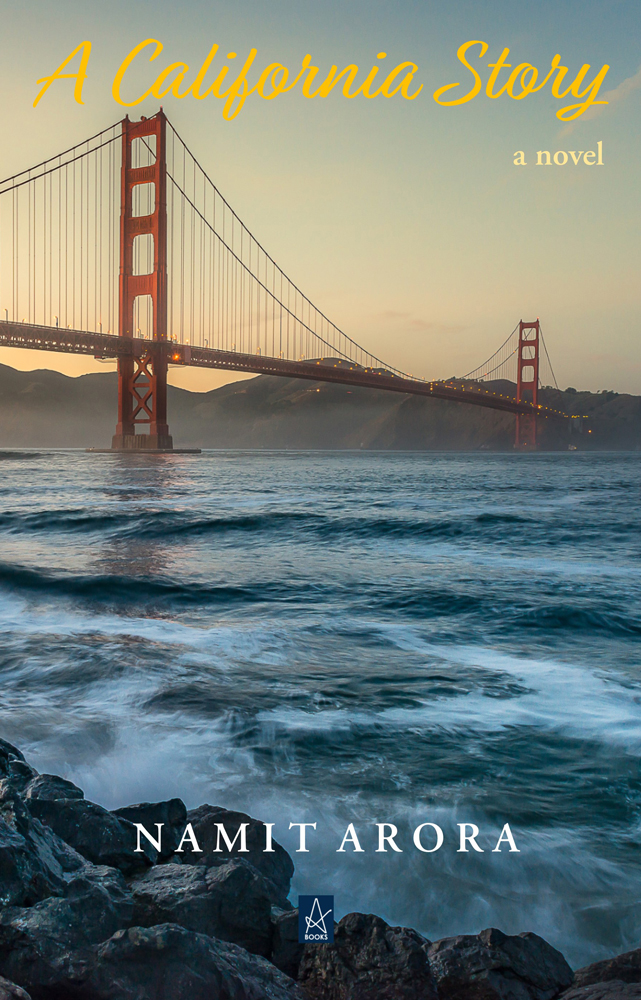Diu, India
"Diu" derives from the Sanskrit dvīpa ("island"). Since Mauryan times (3rd century BCE), it has been subject to various powers in western India. Many dynasties in Kathiawar (or Saurashtra) ruled Diu until it fell to the sultan of Gujarat in the early 15th century. The Portuguese acquired Diu (and Daman) as part of their grand design to control the trade of the Indian Ocean. In 1535, under treaty with Bahadur Shah of Gujarat, the Portuguese built a fort at Diu, an important port on the flourishing commercial and pilgrimage routes between India and the Middle East. By the mid-1550s, all Gujarati ships entering and leaving the Gulf of Khambhat (Cambay) ports were required to call at Diu to pay Portuguese duties. Diu was subject to the governor-general of Goa as part of the Portuguese overseas province Estado da India (State of India) and remained under Portuguese rule for more than four centuries, though the decline of the Portuguese empire in Asia greatly diminished their strategic significance. Daman and Diu survived as outposts of Portuguese overseas territory until 1961, when they were occupied by India; they are a Union Territory today. Diu's main industries are fishing, tourism, liquor, and salt. [Adapted from Encyclopedia Britannica; Apr 06]
|
Nagoa beach palms  |
Nagoa beach (more)  |
Amorous couple  |
Nagoa beach sunset  |
Village near Nagoa beach |
Early morning work |
||
Searching for life |
Need sharp eyes  |
||
Life in the tide pool (more)  |
Life in the tide pool  |
Life in the tide pool  |
Life in the tide pool (more)  |
Visitor to the tide pool  |
Nagoa beach sunset  |
||
Shiva shrine by the sea  |
 |
||
St. Thomas's church / museum  |
Museum exhibit (saints)  |
Church of St.
Francis of Assisi  |
Resting woman near a temple  |
Portuguese Fort  |
Built between 1533-41  |
Fort cannons (more)  |
 |
View over the Arabian sea  |
Top of a bastion  |
Fort walls (more)  |
Ruined building (more)  |
Former chapel  |
Tombstones (more)  |
Lighthouse  |
Fort from the lighthouse  |
Fortim do Mar  |
Fort visitor  |
Fort visitor  |
Diu town wall  |
Designed in collaboration with Vitalect, Inc. All rights reserved. |











